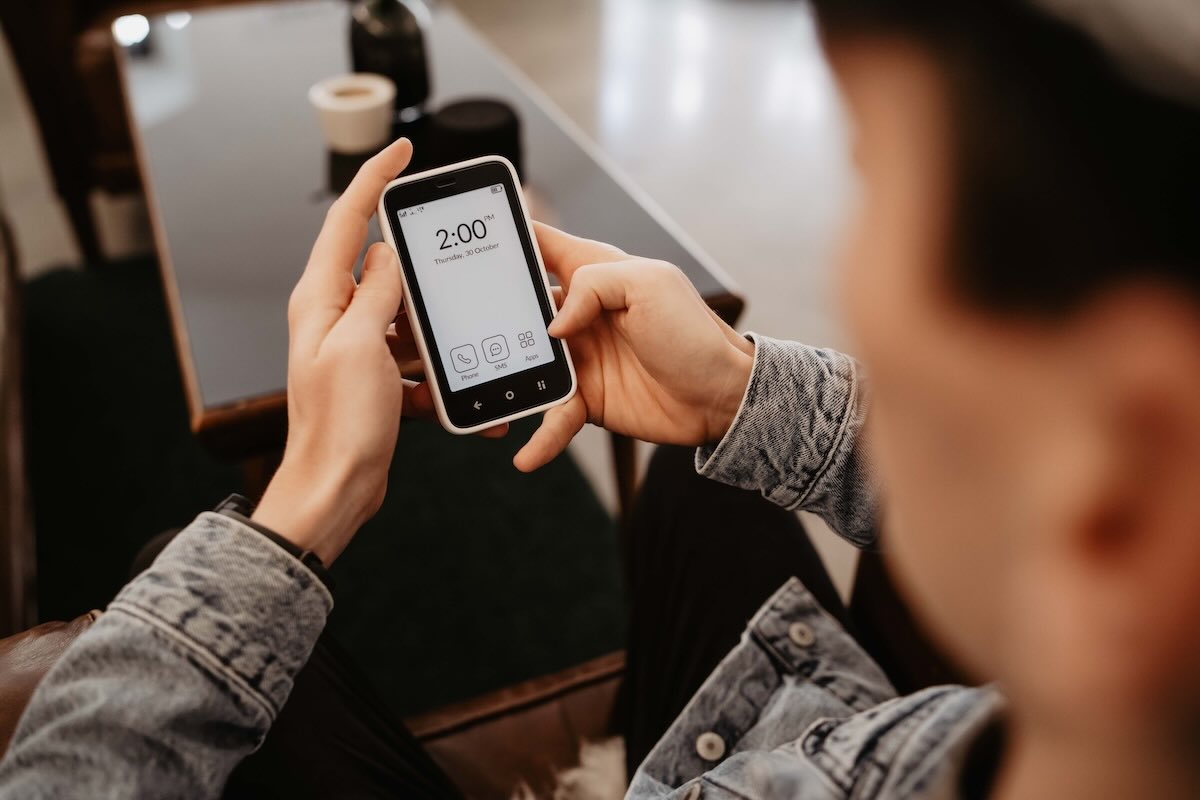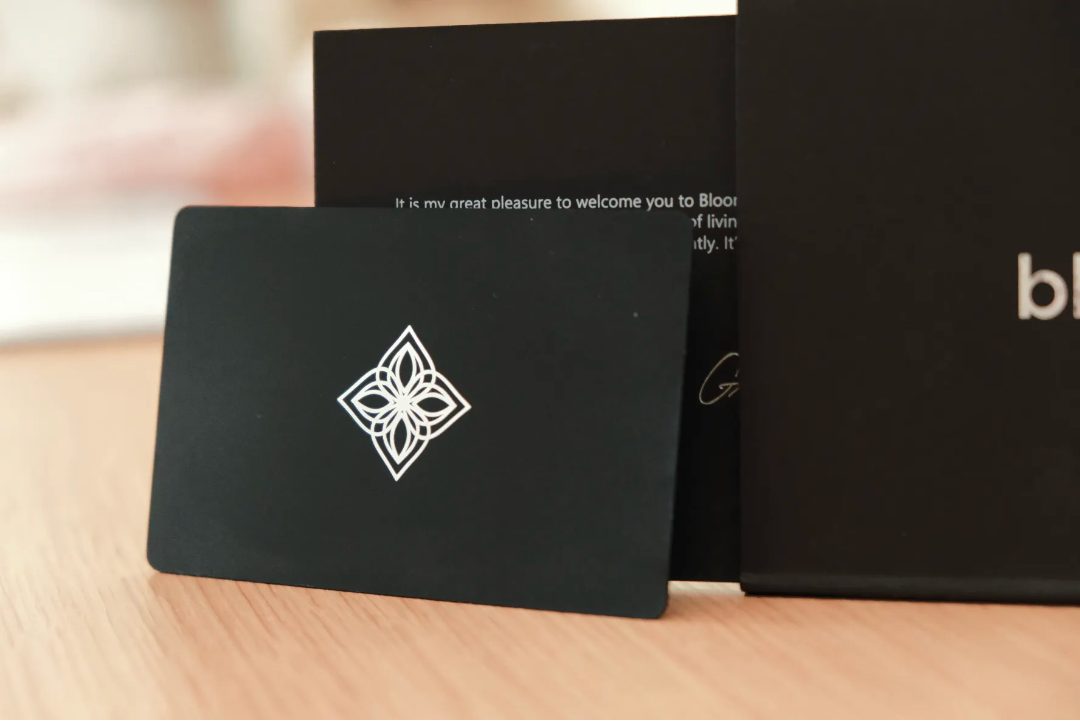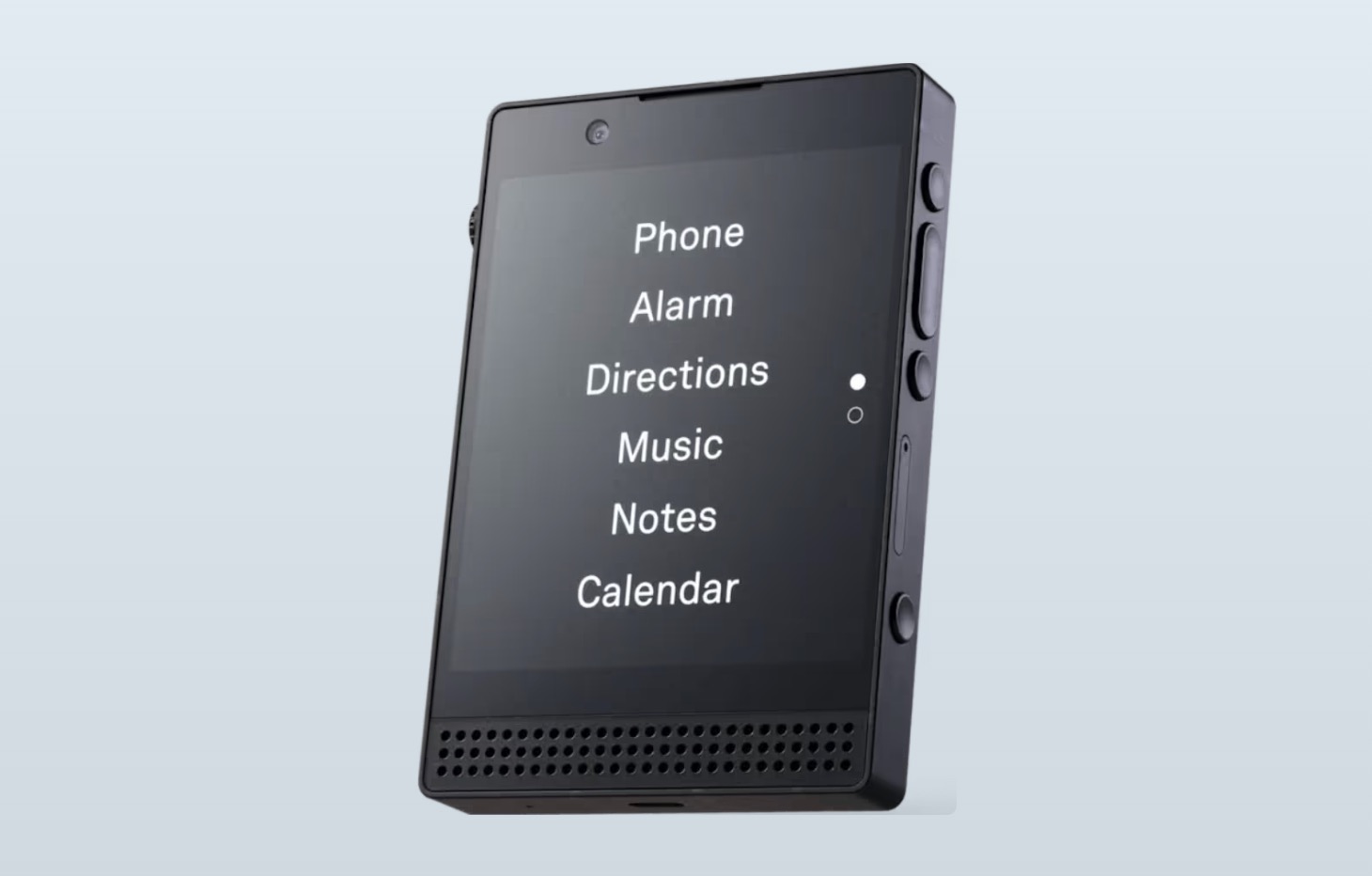Do you feel like you're obsessed with social media? Find it hard to stay still without whipping your phone out? Wish you could stop wasting so much time scrolling through your feed and do something productive with your life instead?
Social media platforms are built to manipulate your attention and get you to come back over and over. But thankfully, there are things you can do to cultivate a healthier relationship with social media.
In this post, you'll discover six strategies to reduce the amount of time you spend on social media and regain control of your time (and sanity).
Let's dive in.
This is not medical advice. If you feel like you might be developing a social media addiction, talk to a therapist. But if you're looking for tips on how to cut down the time you spend on social media, read on.
Table of Content
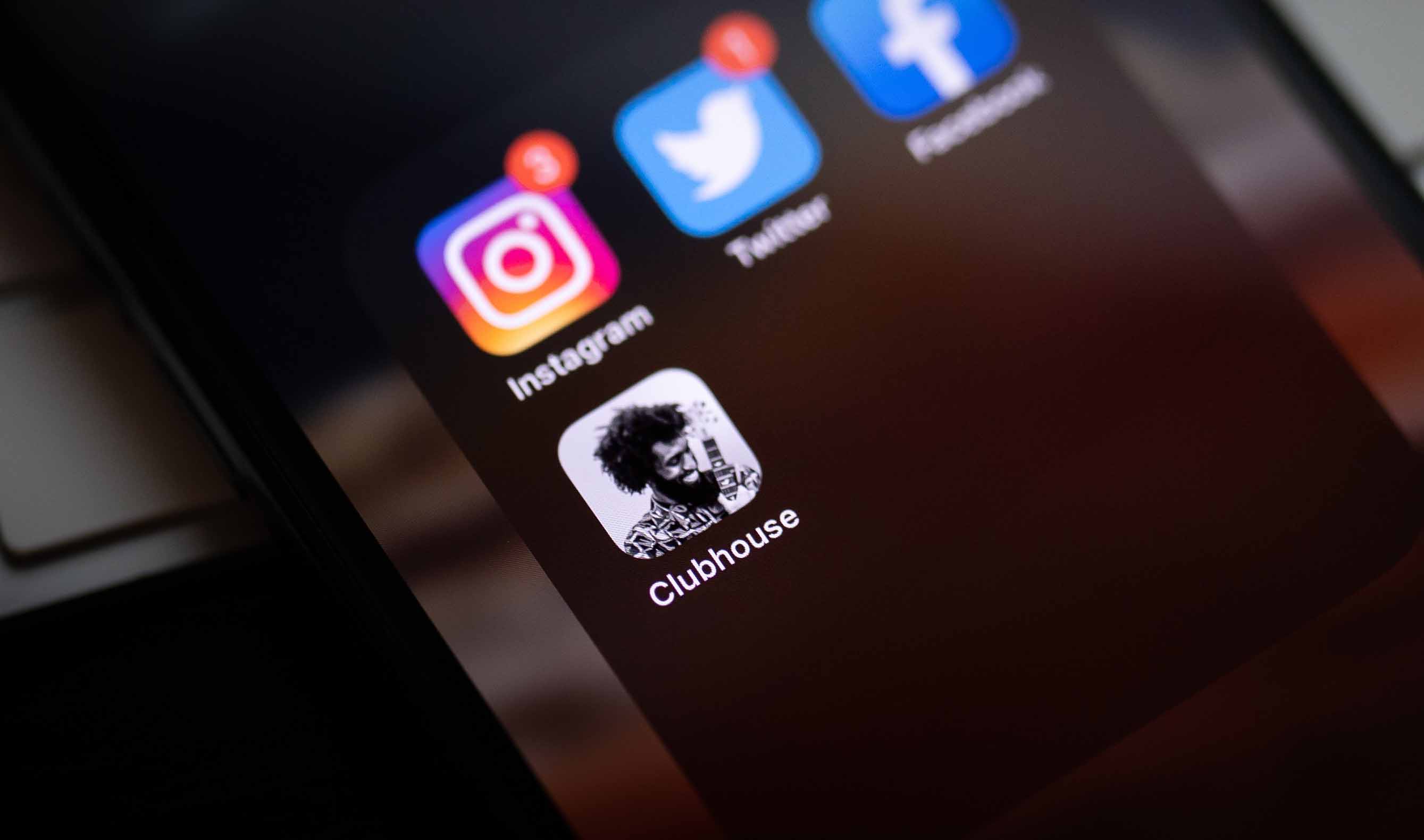
1. Use the 5 Why's technique
For many of us, social media is an escape. Some browse social media because their life isn't very exciting. Others because they don't want to deal with whatever problem life has thrown at them that day.
For instance, I browse social media when I feel lonely. Seeing what my friends across the world are up to makes me feel a little more connected to them.
If you can bring awareness to whatever's missing in your life that causes you to browse social media obsessively, you can fill that void and get rid of your social media obsession.
To find out what you're escaping from with social media, use the 5 Why's techique; ask yourself "why" at least 5 times in a row to get to the root of your discomfort.
Here's an example..
✍️ To see what my friends are up to.
✍️ They live far away and we don't see each other often.
✍️ Because I'm afraid they'll forget me.
✍️ I don't want to be alone.
Once you discover what causes you to seek distraction, you can do something about it. The right thing to do for me in the example above would be to go out and meet people—not to get on social media to surpress a feeling that's bound to come back.
Social media helps you avoid problems, not deal with them. Once you deal with your problems, there will be nothing left to avoid; social media won't seem as appealing as it used to be.
2. Practice being unplugged
Introduce no-social-media times in your schedule to rediscover what it's like to be unplugged and undisturbed.
For example:
- Go for walks without your phone
- Disconnect cellular data when you’re commuting
- Use a dumb phone on the weekends
- Leave your phone in a different room at night (or when you’re going to the toilet)
These small practices will help you reduce your time on social media and slowly build your discipline back up.

3. Limit social media use to Desktop
Delete social media apps from your phone and only access social media through your laptop, in a browser.
This strategy has two benefits:
1. Social media websites aren't nearly as enjoyable (addictive) on desktop as they are on mobile
Take Instagram. The user interface is slow and not always intuitive. The friction of using desktop apps makes it more likely you’ll want to stay on them for very long. Yet, you can do everything from the browser that you can do from your phone, including checking your notifications, posting content, and reading and replying to messages.
2. You don’t always have your laptop with you
Which means that, by default, you’re going to have less access to social media apps throughout the day. You won't be able to check Instagram when commuting, grocery shopping, or eating dinner.
If you really need the app version of a social media platform for one reason or another, install it, do what you have to do, then delete it right away. It's annoying on purpose. The more friction to using an app, the less likely you are to open it mindlessly.
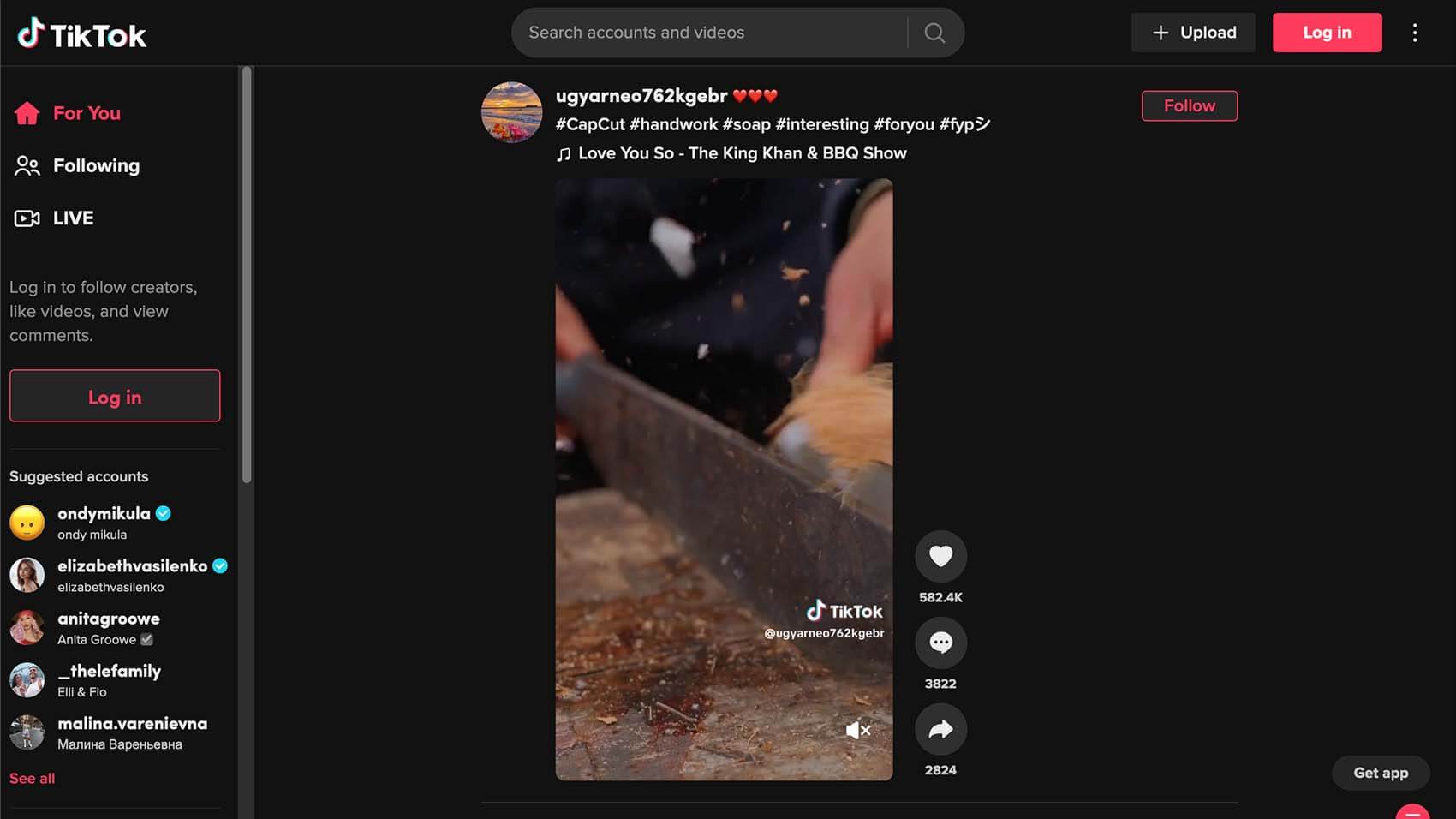
4. Fill your time intentionally
If you follow the strategies in this post and successfully reduce your obsession with social media, you'll have a lot of extra time on your hands.
And if you don't know how to use that time, you'll go right back to filling it with mindless browsing.
Say you spend four hours on social media per day and you manage to cut down your screen time by 1 hour. What are you going to do with the extra hour? You've got to plan this in advance if you want your new healthy social media habits to stick.
Ideally, you'll spend it offline.
Make a list of 2 or things that you will do instead of browsing social media when you have extra time on your hands.
🕑 Dust off my guitar chops
🕑 Reach out to potential clients for my side hustle
🕑 Go for a walk with my dog
Choose activities that are fun and motivate you. These shouldn't feel like things you "have to do" but something you "can't wait to do".
And make sure you can do them at a moment's notice. The less friction, the more likely it is you'll stick with them.
5. Set weekly social media goals
Start each week setting your intentions for social media.
On Sunday night, grab a journal, and decide in advance how many hours you’d like to spend on social media and what you’re hoping to get from it.
“I will spend two hours on social media this week to hear the latest updates from my favorite artists, catch up with a few friends, and share a few updates of my own.”
At the end of the week, you can review your goal and compare it with your actual screen time. Then adjust your goal for the following week.
But don’t beat yourself up.
Habit tracking can be an obsession in and of itself and can cause more stress than good. The important part is to set goals. The goals you’ll set on Sunday will be in the back of your mind throughout the week.
You may achieve your goal or not - it doesn’t matter. Just keep on setting them.
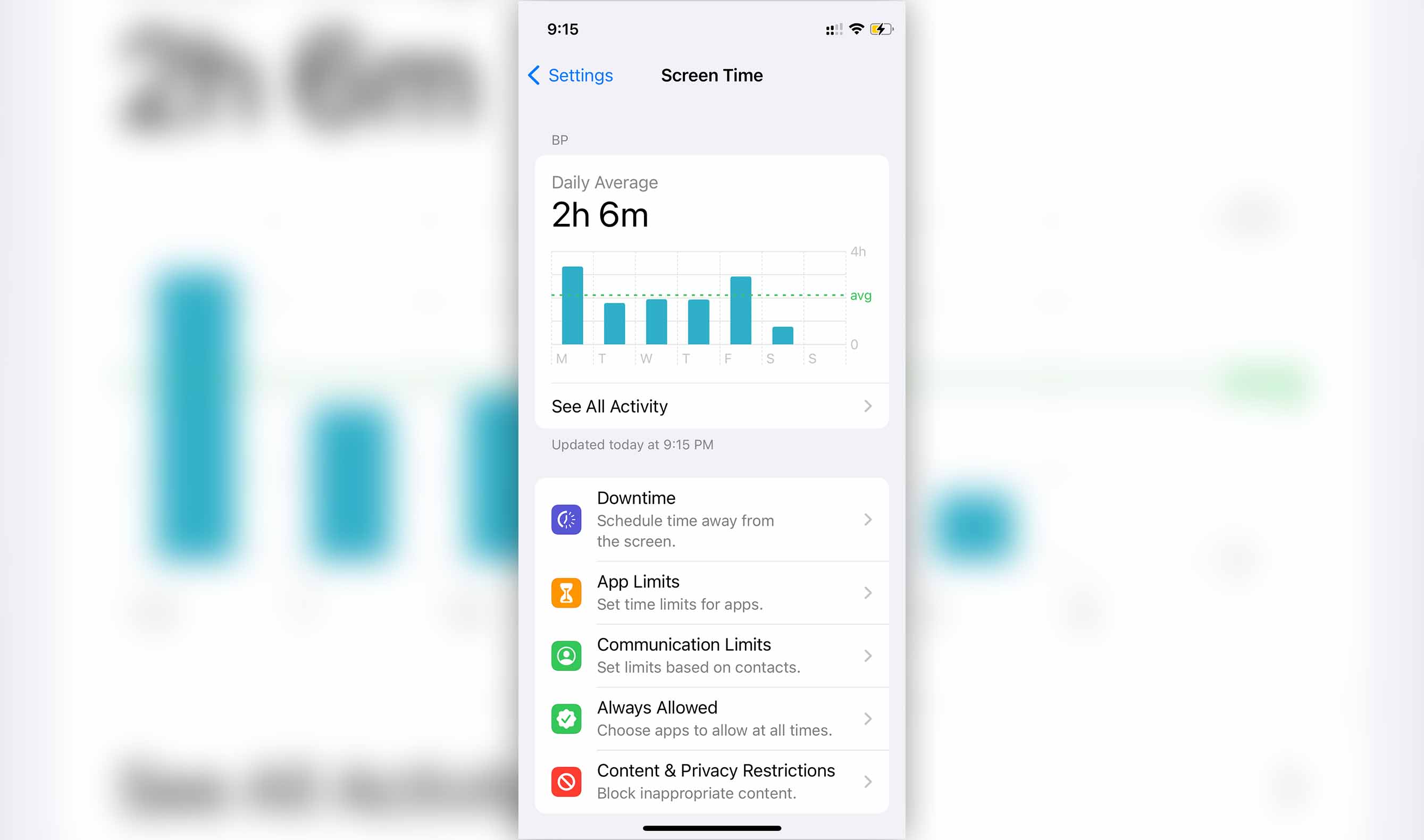
6. Choose your notifications wisely
If you’re obsessed with social media, notifications are feeding into your obsession and should be turned off.
However, if you remove all notifications, you may find yourself opening apps more often because you'll want to check if you missed something.
And every time you open an app, you risk getting sucked in - realizing 30 minutes later that you’ve been mindlessly scrolling, unable to remember why you picked up your phone in the first place.
A better approach is to keep the notifications that matter to you and disable all others. (Do you really need a notification every time somebody likes a post you made?)
Visit your app’s settings and disable all the notifications you don’t need. On Instagram, for example, go to Settings then Push Notifications.
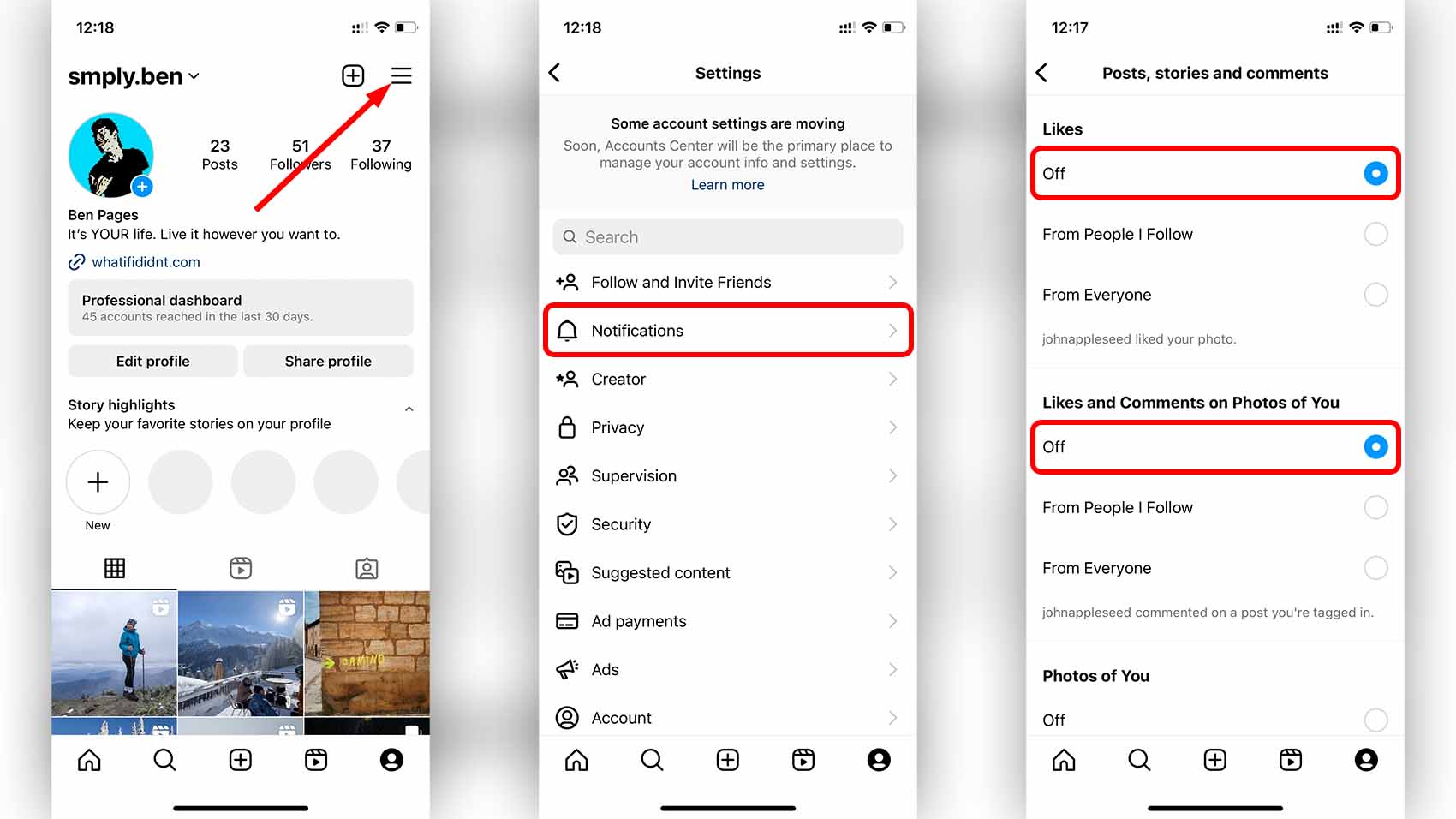
One type of notification I recommend disabling for all apps and activity is "badges" - those little red dots that remind you there's new activity in an app. They feed your obsession. And you don't need them. So turn them off.
To do so on an iPhone, go to Settings -> Notifications, then tap each app one by one and make sure the Badges toggle is off.
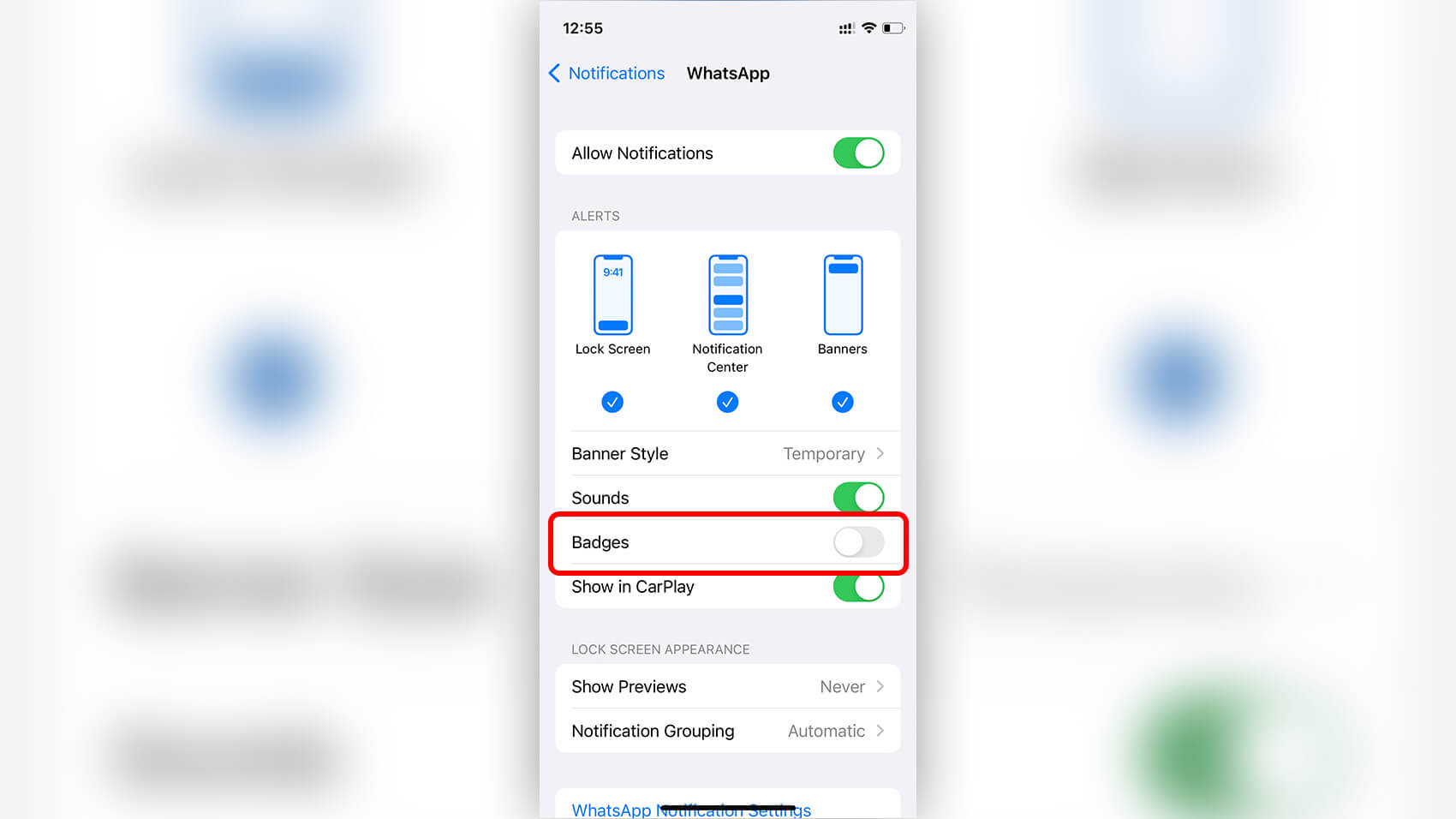
Are social media blockers effective?
One might think that the key to overcoming social media obsession is to set hard boundaries.
For example, there are some apps out there that automatically lock you out of social media apps after a certain amount of time or block them altogether.
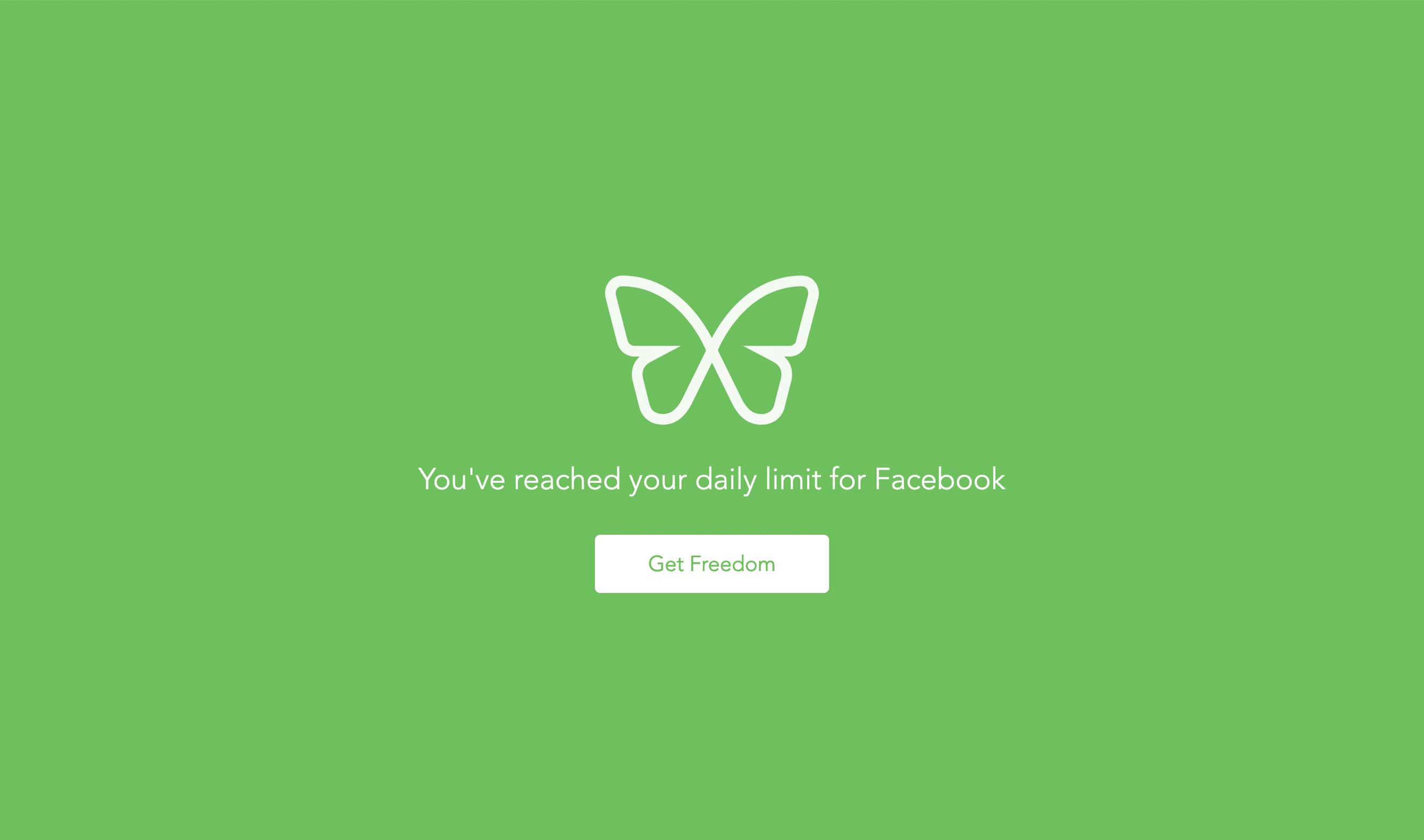
To me, these apps grossly underestimate the power of human obsession.
Obsession is by definition hard to control. As the person who installed the firewalls, you also know how to bypass them—and you will.
And when you do cheat and find yourself back on social media, you'll feel miserable - beating yourself up for not having any self discipline. And what better escape from feeling miserable than social media? It's a self-fulfilling cycle.
To set yourself up for success, focus on positive reinforcement rather than punishment.
Reward yourself for a good week with little social media. But don’t beat yourself up if you end up spending more time on it than you’d wanted.
Every time you pick up your phone, you enter a battle with experts at manipulating human attention. Trying to win with good old willpower is a lost cause. Give yourself slack and focus your efforts on enriching your life offline instead.

